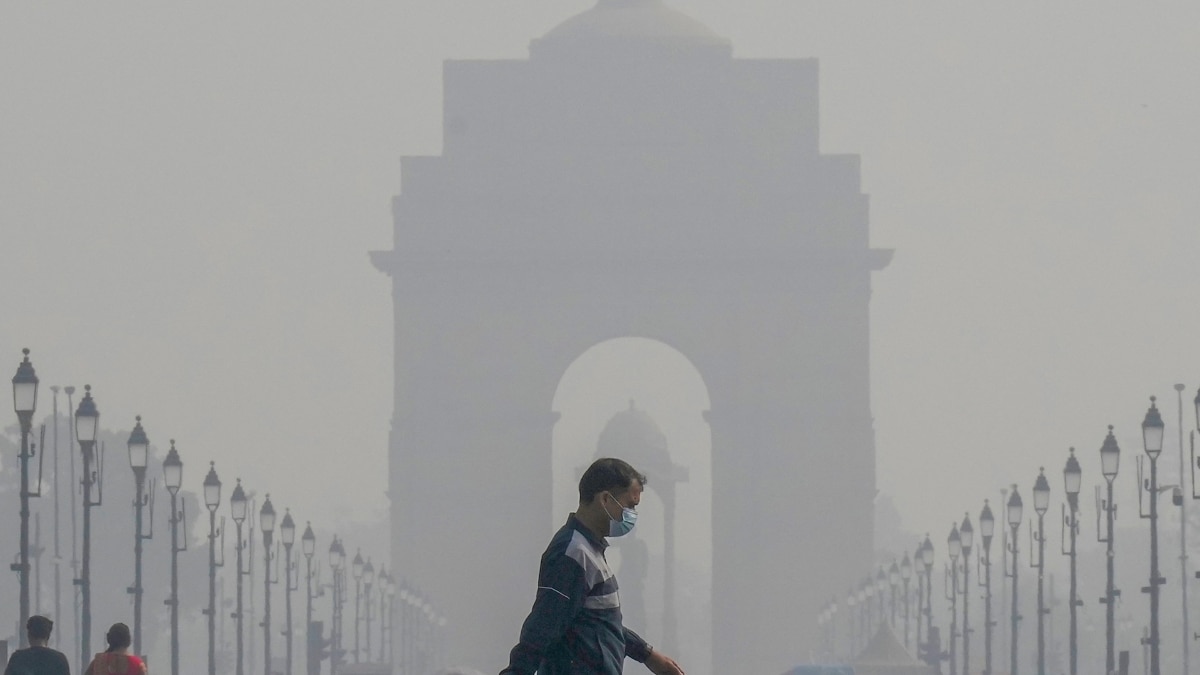By Dr. Ashwin Naik As the chill of winter descends on North India, so does the annual haze of smog that blankets the region every year around this time. While headlines routinely spotlight the respiratory and cardiovascular consequences of poor air quality, a silent crisis unfolds in parallel — the impact of air pollution on mental health.
The gravity of this hidden toll demands urgent attention, as the emotional wellbeing of millions hangs in the balance. Pollution And The Mind: What Science Tells Us Research has increasingly confirmed the connection between air pollution and mental health challenges. A landmark 2019 study from the US and Denmark found that individuals exposed to long-term air pollution faced significantly higher risks of psychiatric disorders like depression, bipolar disorder, and schizophrenia.
Another study published in The Lancet Planetary Health highlighted that even short-term exposure to high levels of particulate matter (PM2.5) is linked to spikes in anxiety and depressive symptoms. Pollutants such as PM2.
5 and nitrogen dioxide are believed to disrupt neural processes by triggering inflammation in the brain. Air pollution, therefore, not only harms physical health but also invades emotional wellbeing, fostering despair, anxiety, and irritability. Real-Life Repercussions Of Severe Air Pollution For families in urban centres like Delhi, the implications extend beyond clinical diagnoses.
Imagine a household navigating the relentless disruptions caused.


















